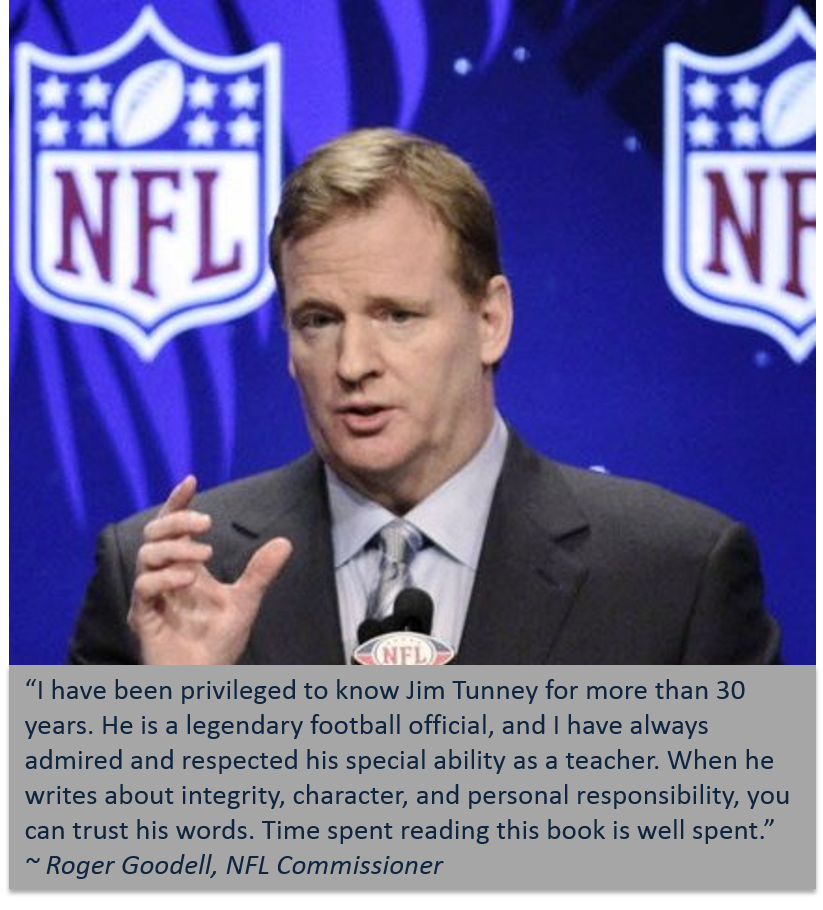For 31 years my responsibility on the NFL field was to ensure justice with integrity. It was never important to me which team won or lost, but that the game was played fairly and within the rules. The same principle held true on the campus in my role as a teacher and principal. Justice had to be meted out fairly.
With the understanding that young people need guidance, support and encouragement it was my task to see that they were honest in their reporting of an untoward incident.
Yes, youngsters do find ways to manipulate the facts to “cover their tracks.” These are mostly learned, not inherent, tendencies that they have witnessed in their elders. So, when I read of Brian Banks recently walking out of the courtroom a free man with his head held high, I was elated, but terribly upset.
In 2002 Banks was arrested and charged with rape. Banks, a promising high school football star, allegedly dragged a female classmate into a school stairwell and had forcible sex with her. Faced with the possibility of a 40-years-to-life sentence, Banks’ lawyer persuaded him to accept a plea deal that put him behind bars for 62 months, to be followed by five years of probation.
The remainder of his life would be lived as a registered sex offender, branded with an electronic ankle monitor. His dreams of playing college, and hopefully professional, football were shattered.
Once released from prison Banks was friended on Facebook by Wanetta Gibson, who said she made up the rape charge and admitted that what happened was consensual. Gibson’s family had sued the Long Beach school district and won a $1.5 million dollar settlement. Where is the justice for Banks?
The proliferation of child molestation cases today is beyond anything expected in a civilized society. The damaged done to the victims is tragic and lifelong. Given the nature of sexual assault cases, we tend to side with the victims. But justice must serve both sides.
How does Banks deal with the injustice he suffered? His chances of a pro football career have pretty much disappeared. However, enrolling himself in a community college or even a four-year school to continue his education, and, perhaps, play football at that level is a plausible solution. Given the hand he was dealt, it is important that he “move on” and put the injustice behind him.
How will you deal with an injustice that may come your way?
To contact Jim go to www.jimtunney.com or email him at jim@jimtunney.com



